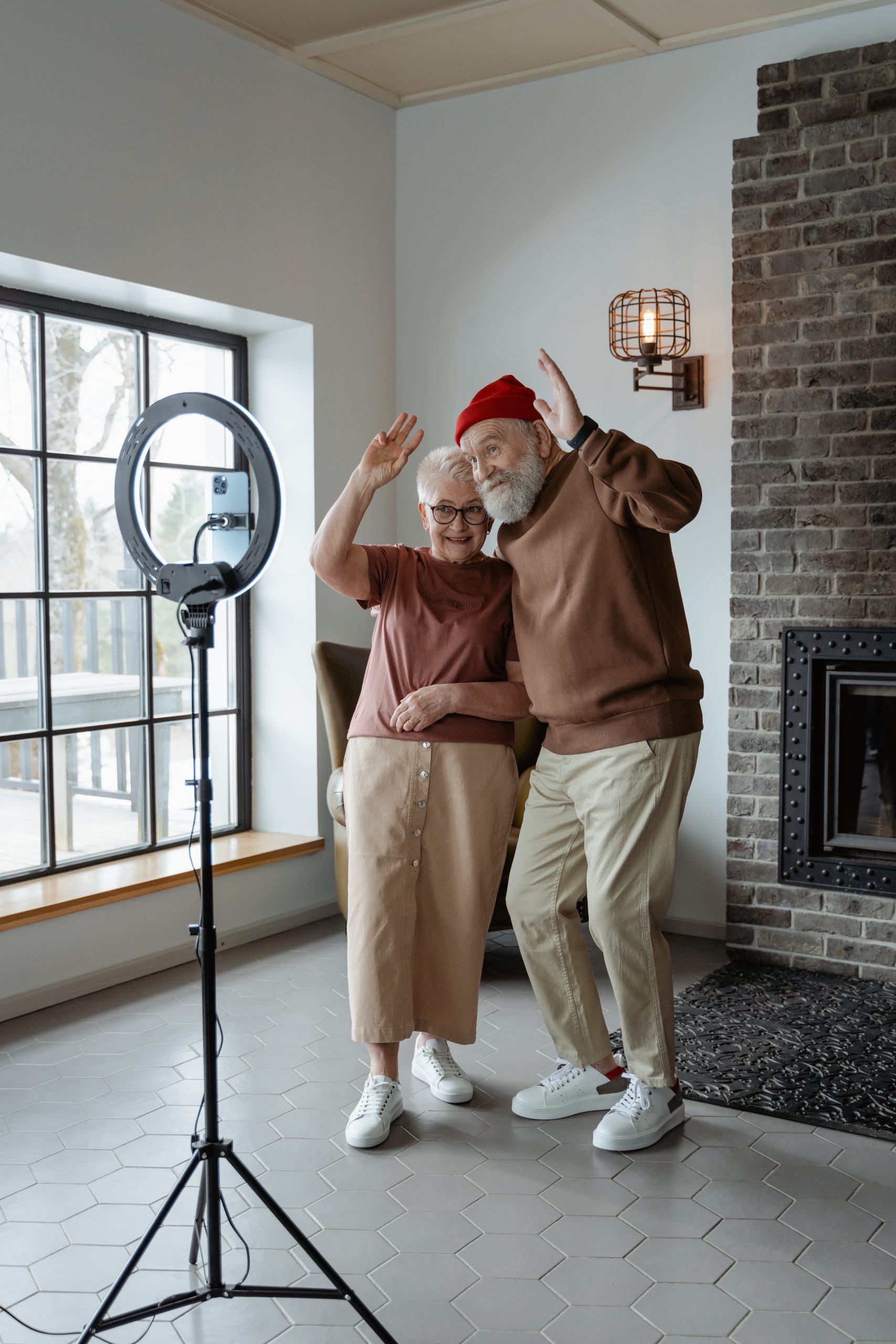Breaking the Taboo: Discussing End of Life Care with Loved Ones

The image is not directly related to the article. It merely symbolizes the life of elderly people.
Breaking the Taboo: Discussing End of Life Care with Loved Ones
Why is it important to discuss end of life care with loved ones?
Discussing end of life care with loved ones is important because it allows you to make clear and informed decisions about how you want to be cared for at the end of your life. It also helps your loved ones understand your wishes and can relieve them of the burden of making difficult decisions on your behalf.
When is the best time to start discussing end of life care?
It’s best to start discussing end of life care as early as possible, before a crisis occurs. This gives you and your loved ones time to think through your wishes and make a plan for how to handle end of life care.
How can I bring up the topic of end of life care with my loved ones?
Bringing up the topic of end of life care can be difficult, but it’s important to approach the conversation with sensitivity and respect. You can start by expressing your own wishes and asking your loved ones about their own thoughts and preferences. You can also bring up the topic in the context of a news article or TV show, or suggest taking a class or workshop on end-of-life planning together.
What are some important topics to cover in a discussion about end of life care?
Some important topics to cover in a discussion about end of life care include your preferred medical treatments and interventions, your wishes for pain management and comfort care, your preferences for where and how you want to receive care, and your thoughts on spiritual and emotional support at the end of your life. It’s also important to discuss who you would like to make decisions on your behalf if you are unable to do so.
What resources are available to help with end of life planning?
There are many resources available to help with end of life planning, including advance directive forms, hospice and palliative care services, and counseling and support groups. Your doctor or local hospital may also be able to provide information on end of life planning resources in your community.
As difficult as it may be, discussing end of life care with loved ones is an important step in ensuring that your wishes are respected and that you receive the care you want at the end of your life. By approaching the conversation with sensitivity and openness, you can help your loved ones understand your wishes and relieve them of the burden of making difficult decisions on your behalf. There are many resources available to help with end of life planning, so don’t hesitate to reach out for support and guidance as you navigate this challenging but important topic.
The image is not directly related to the article. It merely symbolizes the life of elderly people. Breaking the Taboo: Discussing End of Life Care with Loved Ones Why is it important to discuss end of life care with loved ones? Discussing end of life care with loved ones is important because it allows you…
Recent Posts
- Empowering Caregivers: The Best Online and Offline Resources to Enhance Your Skills
- Traveling with a Purpose: The Rise of Volunteer Vacations
- Breaking Stigma: Dispelling Myths about Mobility Aids and Disability
- Avoiding Probate: How Trusts Can Simplify the Estate Settlement Process
- Senior Citizens Beware: Common Financial Scams and How to Stay Protected

